police
Latest

Apple is creating an online portal for law enforcement data requests
Apple and law enforcement have had a contentious relationship, frequently butting heads over what level of access Apple should provide officials when approached. The issue came into a rather public spotlight in 2016 when the FBI took Apple to court over its refusal to unlock an iPhone belonging to the San Bernardino shooter. But, in an effort to work with officials, Apple has provided training for law enforcement officers on what sorts of data are available from Apple and the legal processes for obtaining it. Now, it's expanding that program and developing an online portal through which officials can submit requests for data.

'Life is Strange 2' deals with brotherhood in the face of death
Life is Strange 2 begins with a bleak bang. Developer Dontnod shared the game's first 20 minutes this week on YouTube, introducing series fans to the Diaz family before diving straight into a chaotic, violent scene that sets the stage for the rest of the five-episode season. This article contains spoilers for the first 20 minutes of Life is Strange 2

MIT crypto system shares police data without wrecking investigations
Law enforcement routinely secures orders requiring that tech companies hand over data, but the targets of those requests don't always know if they've been under the microscope -- especially if there were never charges in the first place. MIT's CSAIL may have a way to hold officers more accountable for those decisions. Its researchers are developing a cryptography-based system that could help track these requests while still protecting investigations and police. AUDIT (Accountability of Unreleased Data for Improved Transparency) would require that law enforcers submit requests to a public ledger sometime after the fact using a "cryptographic commitment." The approach would ensure that police and courts send all the right documents in a way the public can see, but would keep the agencies' actions confidential.
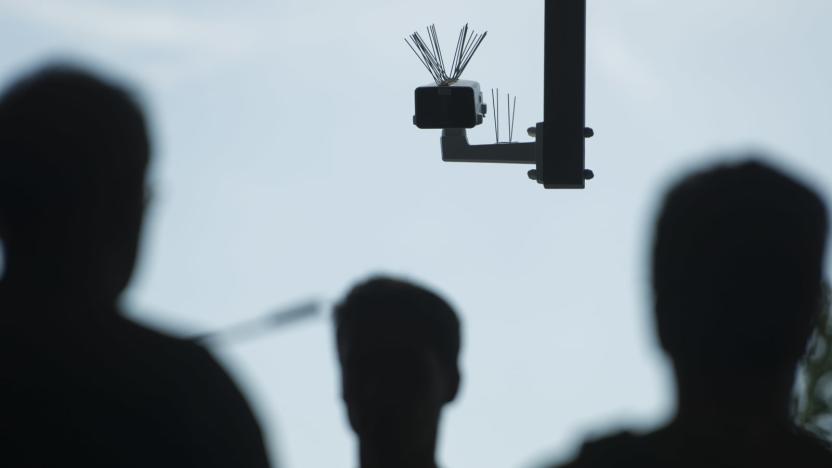
Amazon is selling facial recognition tech to law enforcement
If you're nervous about the privacy implications of Amazon's camera technology, there might be a good reason for it. The ACLU and a coalition of civil rights groups are calling on Amazon chief Jeff Bezos to stop offering Rekognition facial detection system to government customers after learning that the company is actively helping law enforcement implement the potentially invasive technology. Police in multiple regions have partnered with Amazon on surveillance projects, including an Orlando proof-of-concept that lets Amazon search for "people of interest" through city cameras as well a Washington County, Oregon initiative that lets officers scan people to see if they turn up in a mugshot database.
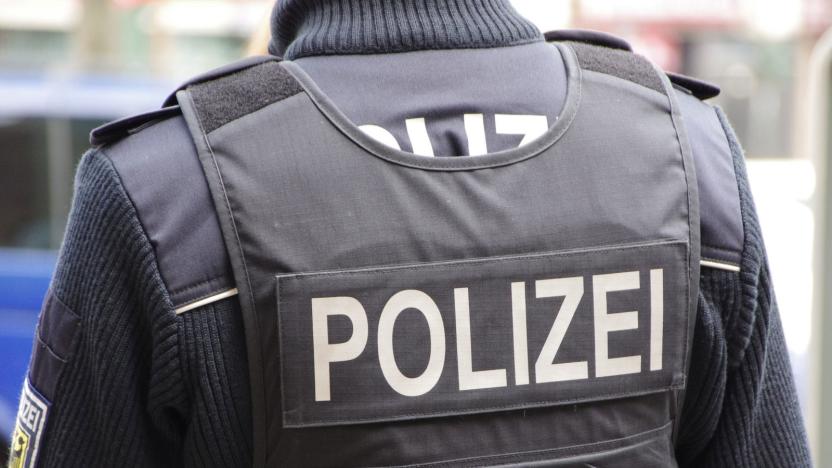
Bavarian police can use DNA to find suspects’ eye and hair color
The government of the German state of Bavaria has just passed a new law that will give police much more leeway when it comes to using DNA to track down a suspect, Science reports. Until now, law enforcement in the region have only been allowed to use DNA to match a suspect with crime scene evidence. The new law, however, will let them use DNA to find eye color, skin color, hair color, age and "biogeographical ancestry" probabilities based on genetic markers. The new DNA standards are just part of the law -- which also includes other allowances for expanding police surveillance -- and it has drawn a lot of criticism to date.
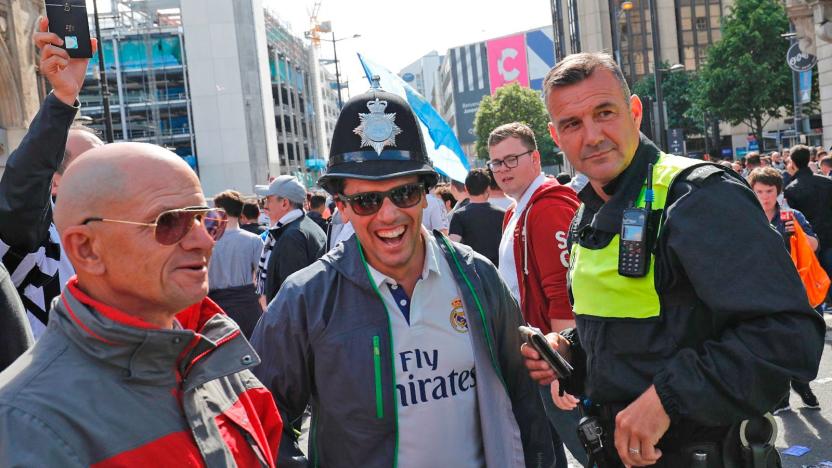
Police face recognition misidentified 2,300 as potential criminals
Ask critics of police face recognition why they're so skeptical and they'll likely cite unreliability as one factor. What if the technology flags an innocent person? Unfortunately, that caution appears to have been warranted to some degree. South Wales Police are facing a backlash after they released data showing that their face recognition trial at the 2017 Champions League final misidentified thousands as potential criminals. Out out of 2,470 initial matches, 2,297 were false positives -- about 92 percent.

How police are using corpses to unlock phones
If you've ever imagined a scenario where police demand you unlock your phone and thought, "Over my dead body!" — we have bad news for you. Here in our absurd dystopian future, having a phone means that upon your demise you could find yourself participating -- limp and lifeless -- in a legal search and seizure of your own digital property.
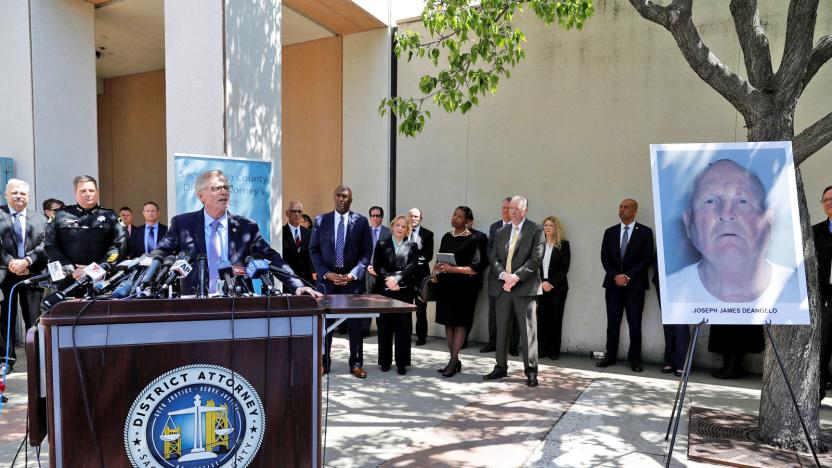
Investigators used online DNA databases to hunt Golden State Killer
Yesterday several police departments in California announced the arrest of the "Golden State Killer," who killed a dozen people between 1978 and 1986 and has been accused of over 50 rapes. At the time, investigators said DNA played a role in identifying former Auburn, CA police officer Joseph James DeAngelo, and today went a step further with the explanation. The LA Times and New York Times report that investigators took DNA samples from the old crime scenes and plugged them into online databases, looking for familiar matches that would help narrow down the suspect. The Olympian reports that by combing through family trees of partial matches they focused on DeAngelo, who was the right age and had lived in some of the areas. Before arresting the subject they got a DNA sample from something DeAngelo had discarded and checked for a match. That match led to his arrest and charges for two of the murders, with more expected to follow.

Axon opens ethics board to guide its use of AI in body cameras
Axon (formerly Taser) is keenly aware of the potential for Orwellian abuses of facial recognition, and it's taking an unusual step to avoid creating that drama with its body cameras and other image recognition systems. The police- and military-focused company has created an AI ethics board that will convene twice per year (on top of regular interactions) to discuss the ramifications of upcoming products. As spokesperson Steve Tuttle explained to The Verge, this will ideally establish a set of "AI ethics principles" within police work where certain uses are off-limits.

Dutch police seize revenge porn site Anon-IB
Dutch police have seized revenge porn site Anon-IB, Motherboard reports. The site currently redirects to a Dutch police force website with an image stating, "Cybercrime teams from the Dutch police have seized the Anon-IB forum in an ongoing investigation concerning criminal offenses. More information concerning this investigation will be made available on April 26, 2018 on www.politie.nl." A spokesperson for Politie -- the Dutch police force -- told Motherboard that no Anon-IB administrators had been arrested yet but some users of the site had been brought in.
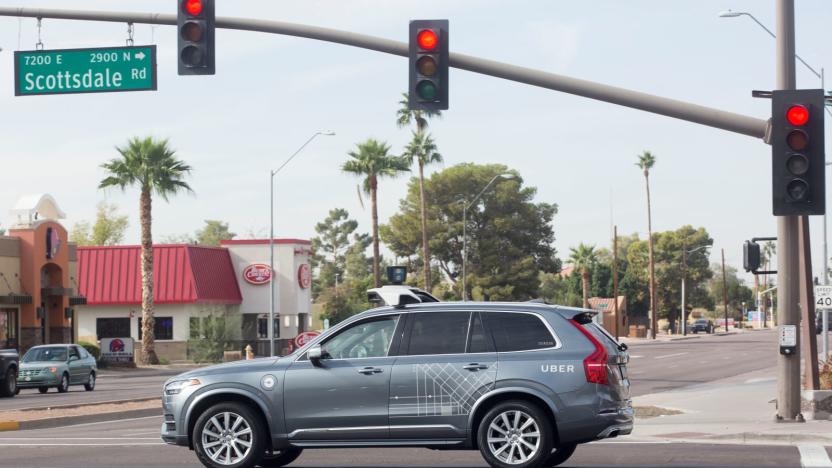
Police chief says Uber 'likely not' at fault in pedestrian accident
Yesterday, Uber called a halt to all self-driving tests after a highly publicized crash in Tempe, AZ, on Sunday evening. Now, it looks as though Uber might not be at fault for the accident. Tempe Police Chief Sylvia Moir told the San Francisco Chronicle that, based on footage from the vehicle's on-board cameras, "it's very clear it would have been difficult to avoid this collision in any kind of mode (autonomous or human-driven) based on how [the pedestrian] came from the shadows right into the roadway."

Apple devices at a California repair center keep calling 911
Apple devices at a refurbishment facility in Elk Grove, California have been calling 911 multiple times a day for the past few months, CBS Sacramento reports. Since last October, the Elk Grove Police station has received around 20 accidental emergency calls per day, adding up to some 1,600 calls in the last four months. The Sacramento County Sheriff's Department Communication Center has also received 47 accidental calls from the facility since the beginning of this year.

Police in China are scanning travelers with facial recognition glasses
Police in China are now sporting glasses equipped with facial recognition devices and they're using them to scan train riders and plane passengers for individuals who may be trying to avoid law enforcement or are using fake IDs. So far, police have caught seven people connected to major criminal cases and 26 who were using false IDs while traveling, according to People's Daily.

Dutch police retire convocation of drone-catching eagles
Police in the Netherlands may have been a tad too hasty in testing a squadron of drone-catching eagles. NOS has learned that Dutch law enforcement officials are retiring the birds (they're going to new homes) and winding down the program. Not surprisingly, the decision is a response to both actual demand as well as the performance of the birds themselves.
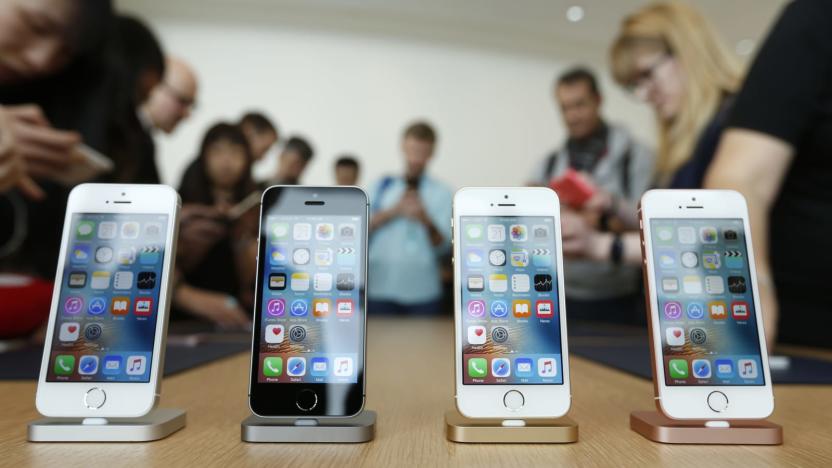
Texas authorities serve Apple a warrant for mass shooter's iPhone (updated)
Authorities are persisting in their efforts to get access to the Texas mass shooter's iPhone despite having missed an early opportunity. The San Antonio Express-News has learned that Texas Rangers served Apple warrants for data on both the perpetrator's iPhone SE and a basic LG cellphone. In the case of the iPhone, the state law enforcement unit wants access to both local and iCloud info (such as calls, messages and photos) produced since January 1st, 2016.

Judge rules NYPD needed a warrant before using cell-site simulator
A Brooklyn judge has ruled that because the New York Police Department (NYPD) used a cell-site simulator, also known by the brand name Stingray, to track down a murder suspect without a warrant, some evidence against the suspect will be thrown out. As the New York Times reports, the NYPD initially denied using such a device in this case, but later conceded that it had. Following the suspect's arrest, he was picked out of a lineup by another victim, and that's what is being tossed out.

Study says body cameras don't always change police behavior
In theory, body cameras are supposed to not only catch police abuses of power, but deter them: officers will be on their best behavior knowing that they could be hauled in. As Washington, DC researchers have learned, though, that isn't guaranteed. They've published a study showing that body cameras didn't significantly affect officers' use of force or the number of civilian complaints in either direction. While there were actually 74 more uses of force per 1,000 officers when body cams were present, that's roughly consistent with a typical range of differences when the equipment comes into play. The changes could just easily be pinned on variances in crime rates, in other words.
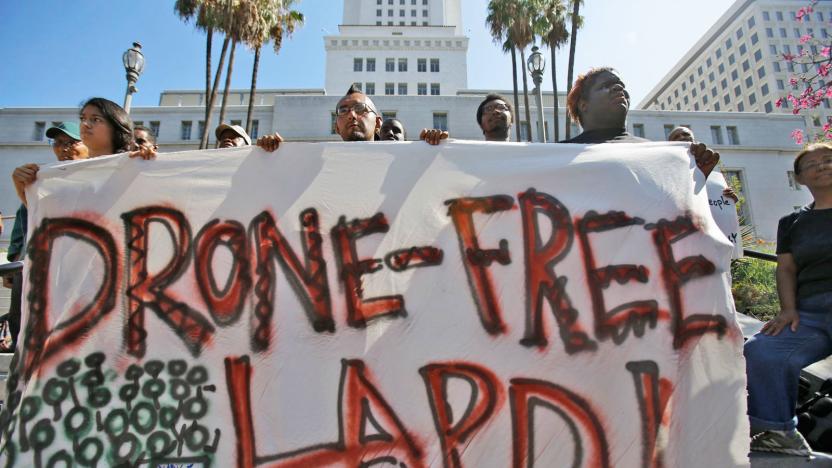
Los Angeles police will test drones despite privacy concerns
American police have certainly used drones before, but not on this scale. The Los Angeles Police Commission has voted in favor of letting the LAPD fly drones in a year-long pilot program, making it the largest US police department to ever rely on the robotic aircraft. The force will use the drones for aerial searches, recon in tense situations (think: standoffs) and other tasks where officers would otherwise be at risk. The machines could save lives, according to the LAPD, but there were numerous concessions made to address privacy concerns -- and some people still aren't convinced these limits will prevent abuse.
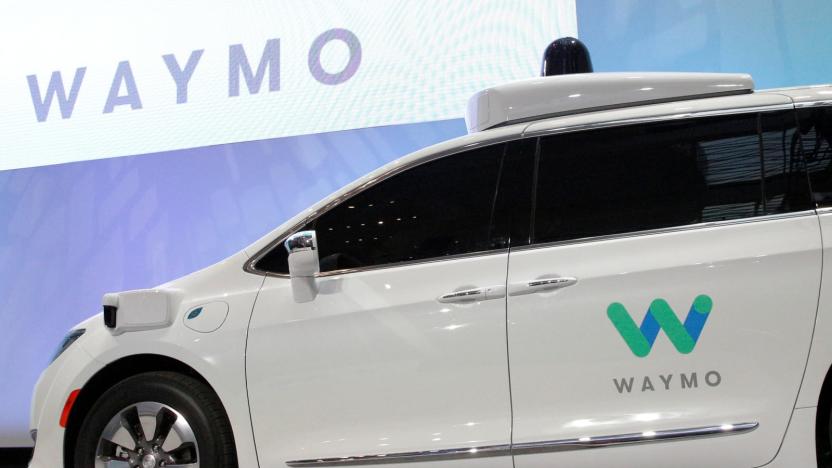
Waymo is training cops how to respond to autonomous car crashes
There are a lot of hurdles to clear before autonomous cars can fully take over the roadways. Chief among them is training the police on how to react and handle a self-driving car error, as spotted by Recode. Currently, Waymo is working with local police forces and first responders in Arizona, California, Texas and Washington to educate them on how to identify and access an autonomous car in the event of an accident.

Australian police posed as child abusers for a dark web sting
Where do you draw the line when trying to catch child abusers? That's what authorities have to decide when they run sting operations on the dark web. When Norwegian newspaper VG investigated one of the biggest child exploitation sites on the dark web, Child's Play, they found that it had been run by Australian police for three months. The special unit out of Brisbane, dubbed Argos, had undercover detectives posting and sharing abuse materials on the site. The newspaper held off on reporting until now, a year later, to allow the police to finish its investigation.







